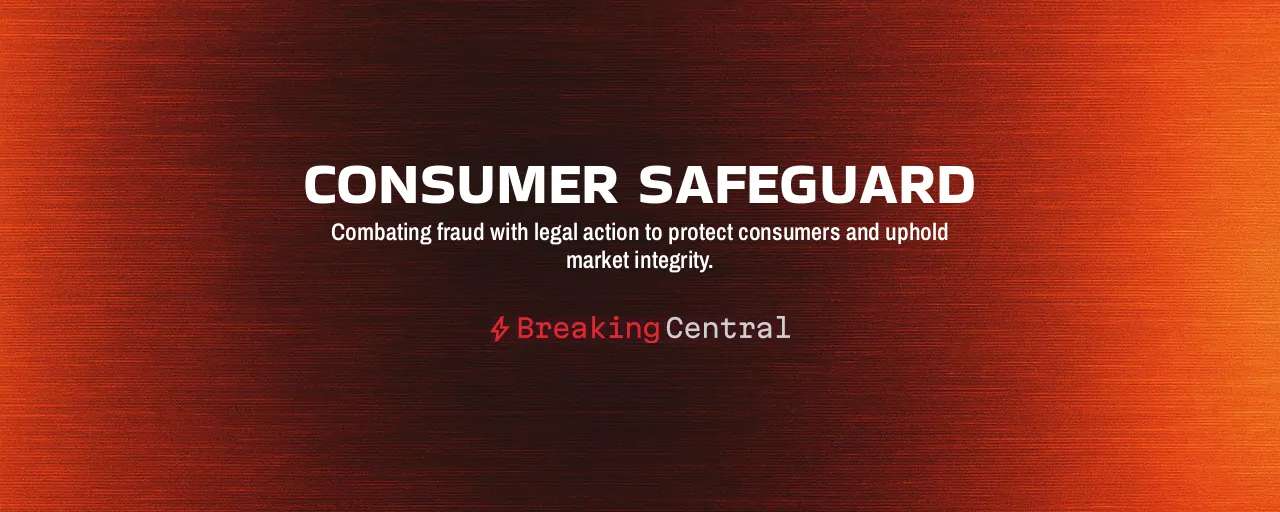Restoring Trust in the Marketplace
Trust is the backbone of any thriving economy. When a company like Pacific Magazine Billing floods mailboxes with fake invoices, it erodes that foundation. California's decisive response, announced on June 10, 2025, by Attorney General Rob Bonta alongside six county district attorneys, delivers justice. The firm, which sent tens of millions of deceptive mailers posing as bills for magazine subscriptions, now faces a $275,000 penalty and a permanent ban from the mail-order magazine industry. This victory protects consumers and reinforces the integrity of honest businesses.
These mailers weren't harmless marketing. They tricked people, especially seniors, into paying for subscriptions they never requested, exploiting the assumption that an official-looking bill demands payment. The settlement draws a firm line: deceive consumers, and you'll face serious consequences. It's a win for every American who values fairness in commerce.
This case strikes a vital balance. It targets fraud without strangling legitimate businesses. As someone who champions free markets, I see this as government effectively intervening to stop clear wrongdoing while preserving the freedom to innovate and compete.
Unmasking a Deceptive Scheme
Pacific Magazine Billing's operation was audacious. From 2016 to 2022, they mailed solicitations designed to look like legitimate invoices, often inflating prices beyond what publishers charged. Consumers, believing they owed money, unknowingly signed up for unwanted subscriptions. Marin County Deputy District Attorney Michael Wear called it what it was: a scheme built on deception.
The numbers tell a grim story—tens of millions of mailers over six years. Complaints, particularly from seniors and their families, spurred a joint investigation in late 2022 by the California Department of Justice and district attorneys from San Diego, Alameda, Los Angeles, Marin, San Francisco, and Sonoma counties. Their probe confirmed violations of California's False Advertising and Unfair Competition Laws, tools crafted to maintain market honesty.
Fraud like this doesn't just harm individuals; it undermines the economy. Every scammed dollar reduces consumer confidence, making people hesitant to engage with legitimate businesses. Targeted enforcement, as seen in this settlement, is essential to keep commerce vibrant and trustworthy.
Why Enforcement Aligns With Freedom
Some argue that government should leave business disputes to the market. Fraud is theft. FTC Commissioner Mark Meador emphasized in May 2025 that protecting consumers from deception upholds conservative values. When companies like Pacific Magazine Billing cheat, they distort the market we defend. Effective deterrence restores fairness.
This settlement exemplifies precision. The $275,000 penalty supports further consumer protection efforts, sparing taxpayers. The permanent ban ensures the company can't scam again, and strict injunctive terms prevent similar tactics. This approach holds wrongdoers accountable without punishing success, aligning with a vision of limited but effective government.
Consider the cost of inaction. Unchecked fraud breeds more scams, erodes trust, and raises costs for everyone. The Supreme Court's 2021 AMG Capital decision clarified limits on federal penalties, but it didn't diminish the need for focused, lawful enforcement. California's action shows how to protect markets while respecting statutory boundaries.
Debunking the Regulation Myth
Skeptics of strong enforcement often warn that it stifles innovation or burdens businesses. They cite cases where agencies overreach, seeking remedies without solid evidence. But this case is clear-cut: millions of fake invoices, years of complaints, and undeniable deceit. This action stops a deliberate scam, it is not government targeting an honest firm.
Fraud hurts ethical companies too. Legitimate publishers lose customers to scammers who inflate prices. Small businesses, already stretched thin, struggle in a market where deceit wins. Enforcement like this creates a level playing field, giving honest firms a fair shot at success.
The joint state-local effort also proves consumer protection doesn't require a massive bureaucracy. By combining resources, California's DOJ and district attorneys efficiently addressed a widespread issue, demonstrating effective governance without endless regulations.
Building a Resilient Future
This settlement reflects a larger pattern. In 2024, state regulators imposed $441 million in penalties nationwide, surpassing federal efforts. From predatory real estate schemes to children's data violations, California has led with actions against firms like HomeOptions and Tilting Point Media. These cases demonstrate that focused, evidence-based state enforcement delivers real results.
The threat evolves, however. Scammers now leverage AI tools like deepfakes and voice cloning to craft convincing solicitations. Experian's 2025 fraud forecast highlights that 70 percent of companies view AI-driven fraud as a major risk. Consumers, particularly older adults, need stronger defenses—better education, fraud alerts, and enhanced payment security.
How do we move forward? Back enforcement that targets clear violations, like California's robust laws. Encourage businesses to prioritize transparency. And ensure regulators operate within legal limits, maintaining fairness. This strategy strengthens markets, empowering consumers and businesses alike.
A Blueprint for Fair Commerce
Pacific Magazine Billing's scam exposed the damage deception can inflict. California's response is a victory for consumers, a triumph for every business that plays fair, and proof we can combat fraud while upholding the principles of a free market.
Let's advocate for policies that protect without overregulating, ensuring honest businesses flourish because scammers face consequences. Why tolerate a marketplace where trust is eroded? We deserve an economy where fairness drives prosperity, and every transaction is built on confidence.
Principled governance embodies accountability, fairness, and a system that serves people, not power. California's action sets a standard for the nation. Let's expand it, ensuring every American can participate in a market that rewards integrity.
